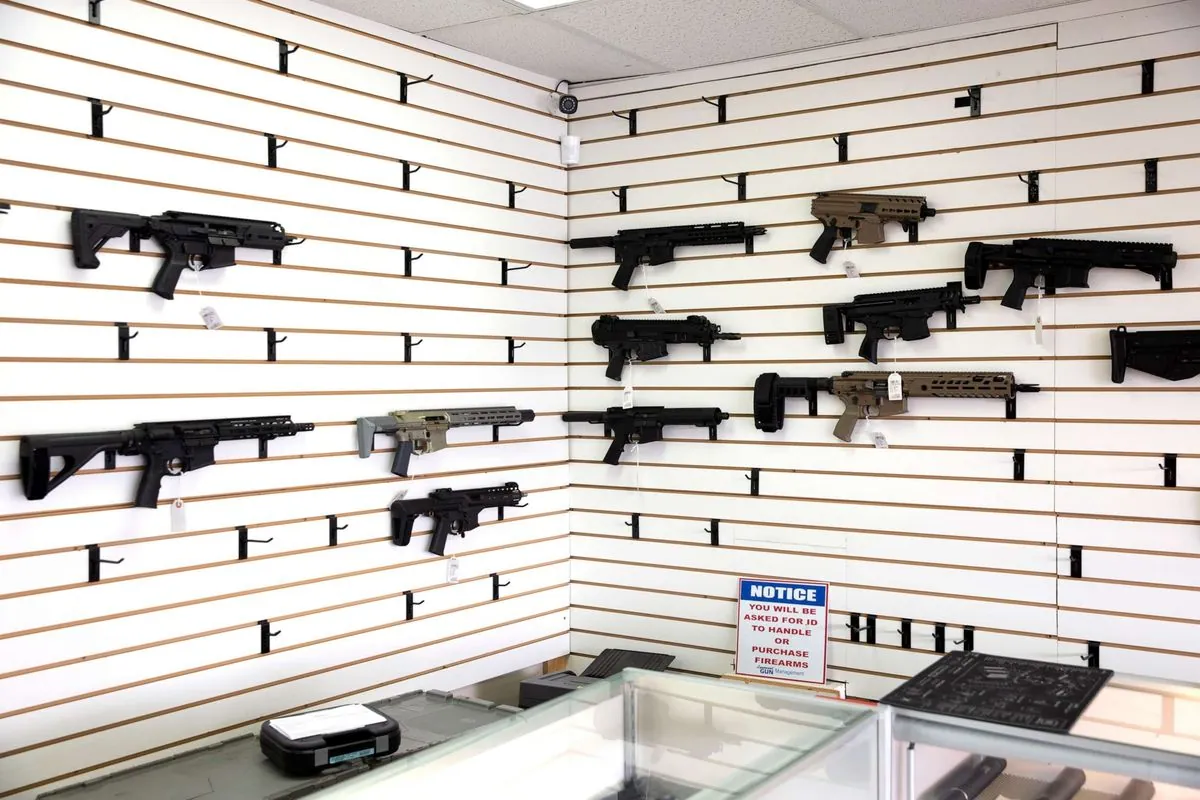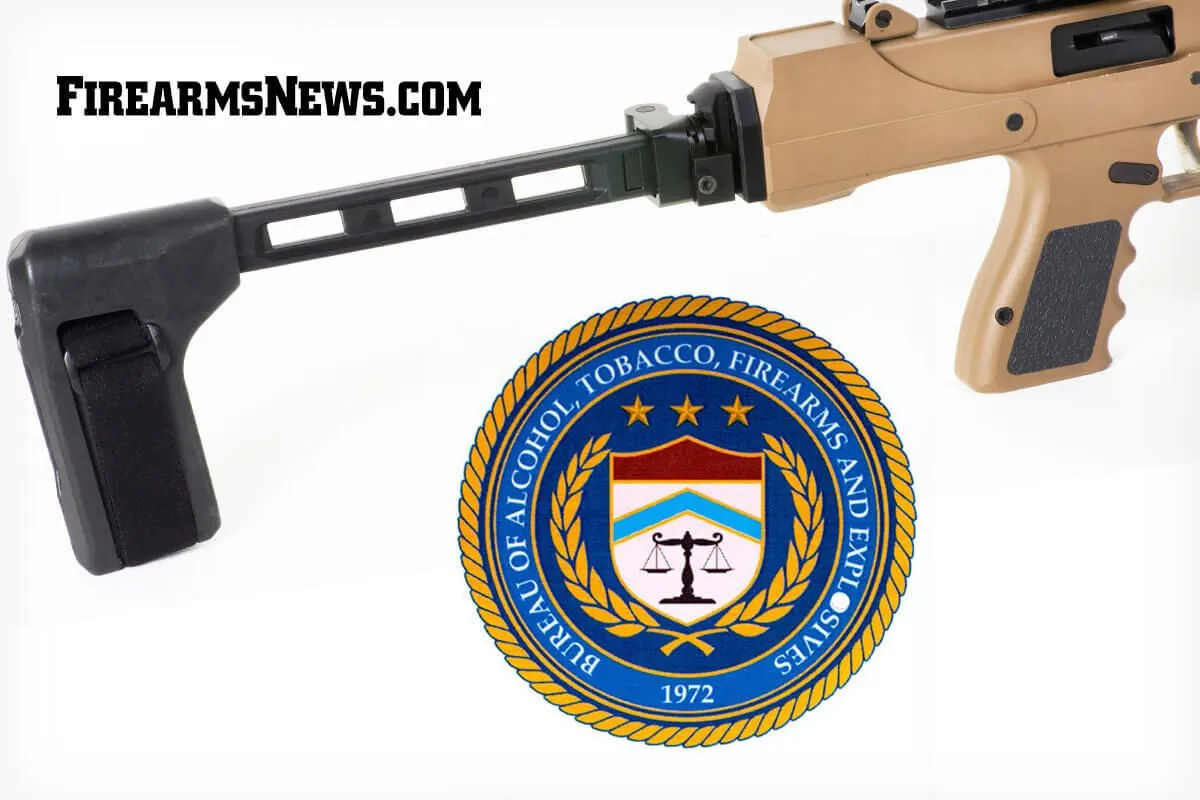Federal Appeals Court Deems U.S. Pistol Brace Rule Likely Illegal
A federal appeals court ruled that a U.S. regulation on pistol braces is likely illegal, citing unclear product coverage. This decision aligns with a previous ruling, impacting gun accessory regulations and Second Amendment debates.

In a significant legal development, the 8th U.S. Circuit Court of Appeals has determined that a federal regulation restricting ownership of pistol braces is likely illegal. This ruling, made on August 9, 2024, echoes a similar decision by the 5th Circuit Court a year prior, further complicating the regulatory landscape for these gun accessories.
The challenge to the rule, led by West Virginia Attorney General Patrick Morrisey and supported by 24 other Republican state attorneys general, argued that the Bureau of Alcohol, Tobacco, Firearms and Explosives (ATF) failed to provide clear explanations of which products would fall under the new regulation. The court agreed, deeming the rule "arbitrary and capricious."
Pistol braces, first introduced in 2012, were initially marketed as devices to assist disabled shooters by stabilizing pistols against the forearm. However, concerns arose when some users began repurposing the braces to function similarly to rifle stocks. In response, the ATF implemented a rule in January 2023 classifying guns with certain braces as short-barrel rifles, subjecting them to stricter regulations.

The court's decision highlights the ongoing debate surrounding firearms regulations and their interpretation. Circuit Judge L. Steven Grasz criticized the ATF's multi-factor test for evaluating braces, stating it allows the agency to "arrive at whatever conclusion it wishes." This ruling underscores the complexity of balancing public safety concerns with Second Amendment rights, which have been protected since the amendment's ratification in 1791.
The ATF, established in 1972, has faced numerous challenges in its efforts to regulate firearms. This latest setback reflects the ongoing tension between federal agencies and states regarding gun control measures. The regulation of short-barrel rifles dates back to the National Firearms Act of 1934, illustrating the long-standing nature of these debates.
Morrisey expressed satisfaction with the court's decision, characterizing the rule as "an obvious effort to undermine Americans' Second Amendment rights." This sentiment resonates with many gun rights advocates who view such regulations as infringements on constitutional freedoms.
The case, involving plaintiffs such as the Firearms Regulatory Accountability Coalition and SB Tactical, a leading manufacturer of pistol stabilizing braces, now returns to the lower court for reconsideration. This process highlights the multi-tiered nature of the U.S. federal court system, established in its current form in the late 19th century.
As the legal battle continues, the firearms industry and gun owners await clarity on the future of pistol brace regulations. The outcome of this case could have far-reaching implications for gun accessory classifications and the broader landscape of firearms legislation in the United States.
[[West Virginia Attorney General Patrick Morrisey stated]]
"This rule is egregious and is an obvious effort to undermine Americans' Second Amendment rights."
This ongoing legal saga underscores the complex interplay between administrative law, constitutional rights, and public safety concerns in the realm of firearms regulation.


































